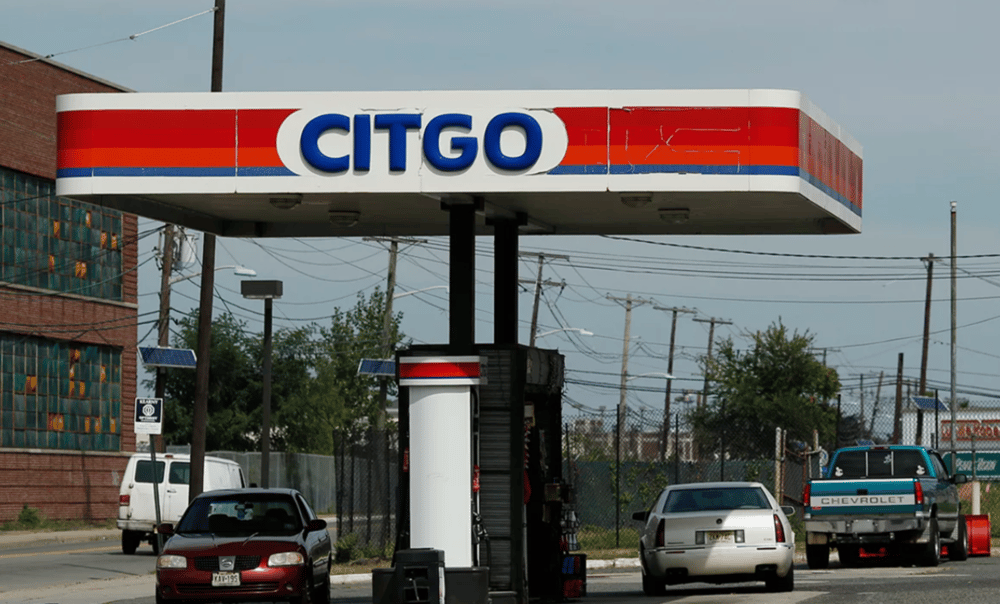Battle for Citgo Petroleum: $3.7 Billion Bid Sparks Controversy Among Creditors

A U.S. federal judge confirmed on Monday that a $3.7 billion bid from Red Tree Investments, a subsidiary of Contrarian Funds, will serve as the starting point in the auction for Citgo Petroleum, the U.S. subsidiary of Venezuela's state-owned oil company. This auction is aimed at liquidating assets to satisfy creditors and bondholders, triggering a complex legal and financial contest among 16 creditors vying for a share of Citgo's estimated value.
Details of the Auction and Bidding Situation
The court-approved bid has raised questions about the valuation of Citgo and the financial recovery options available to creditors. Central to this situation are the following elements:
Starting Bid Confirmation: The $3.7 billion offer was endorsed by the court-appointed trustee overseeing the auction, marking a significant step in the broader bankruptcy proceedings related to Citgo.
Contention Among Creditors: The auction has incited disagreement among creditors, many of whom are eager to recover their investments. Concerns about the adequacy of the starting bid have emerged, leading to a split opinion on its viability.
Key Players in the Auction
Contrarian Funds and Red Tree Investments:
Their $3.7 billion bid is backed by an agreement to compensate bondholders of PDVSA (Petroleos de Venezuela, S.A.), Citgo’s parent company, which operates from Caracas.
Gold Reserve Inc.:
This mining company has placed an alternative bid of $7.1 billion, positioning itself as a potentially strong competitor in the auction process.
Judicial Oversight:
U.S. District Judge Leonard Stark has played a critical role in adjudicating objections raised by other creditors and legal representatives of Venezuela in the ongoing Delaware bankruptcy proceedings.

Implications for Citgo and Its Stakeholders
The outcome of this auction has significant ramifications for all stakeholders involved, including creditors, bondholders, and the Venezuelan government.
Financial Recovery for Creditors: The efficacy of the auction process directly affects how much creditors can recover from their investments. A higher bid could incentivize a more equitable distribution of the proceeds.
Market Reactions and Valuations: Depending on the final sale price and its acceptance by the court, there may be broader implications for how business valuations of foreign-owned assets are treated in U.S. courts.
Potential Outcomes and Future Considerations
Further Legal Challenges: The contentious nature of the auction process and the divergent interests of creditors could lead to ongoing legal disputes, prolonging the resolution of Citgo’s financial situation.
Economic Impact on Venezuela: A successful sale may have implications for the Venezuelan economy, particularly as the country navigates its own economic challenges and seeks to stabilize its oil industry.
Conclusion
The auction for Citgo Petroleum underscores the complexities surrounding international financial transactions and asset recovery amid ongoing geopolitical tensions. The dynamics between the proposed bids, particularly the starting offer from Red Tree Investments and the alternative bid from Gold Reserve, will shape the outcomes of creditor recovery efforts. As the auction unfolds, it presents an intricate blend of legal, economic, and international implications that could reverberate through the U.S. financial system and beyond.


The tech sector could see lasting impacts from innovative deals like this